Why is Drupal E-commerce Development Still Relevant and How it Creates a User-Friendly Online Store?
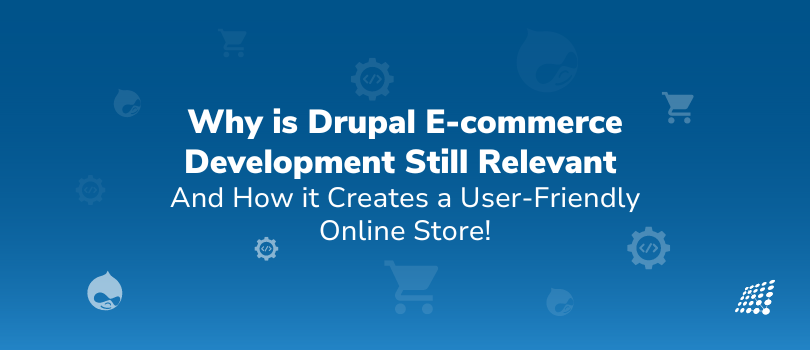
Launched in 2001, Drupal has stood the test of time. It powers countless websites, including thriving online stores. Users praise its built-in features like Views, multilingual capabilities, and a user-friendly admin interface. But with so much competition in e-commerce, is Drupal still relevant in 2024? Absolutely! While some might think Drupal is outdated for e-commerce, we're here to debunk that myth. Let's dive deeper and see why Drupal e-commerce development is a powerful choice for today's online businesses.
What is Drupal Commerce?
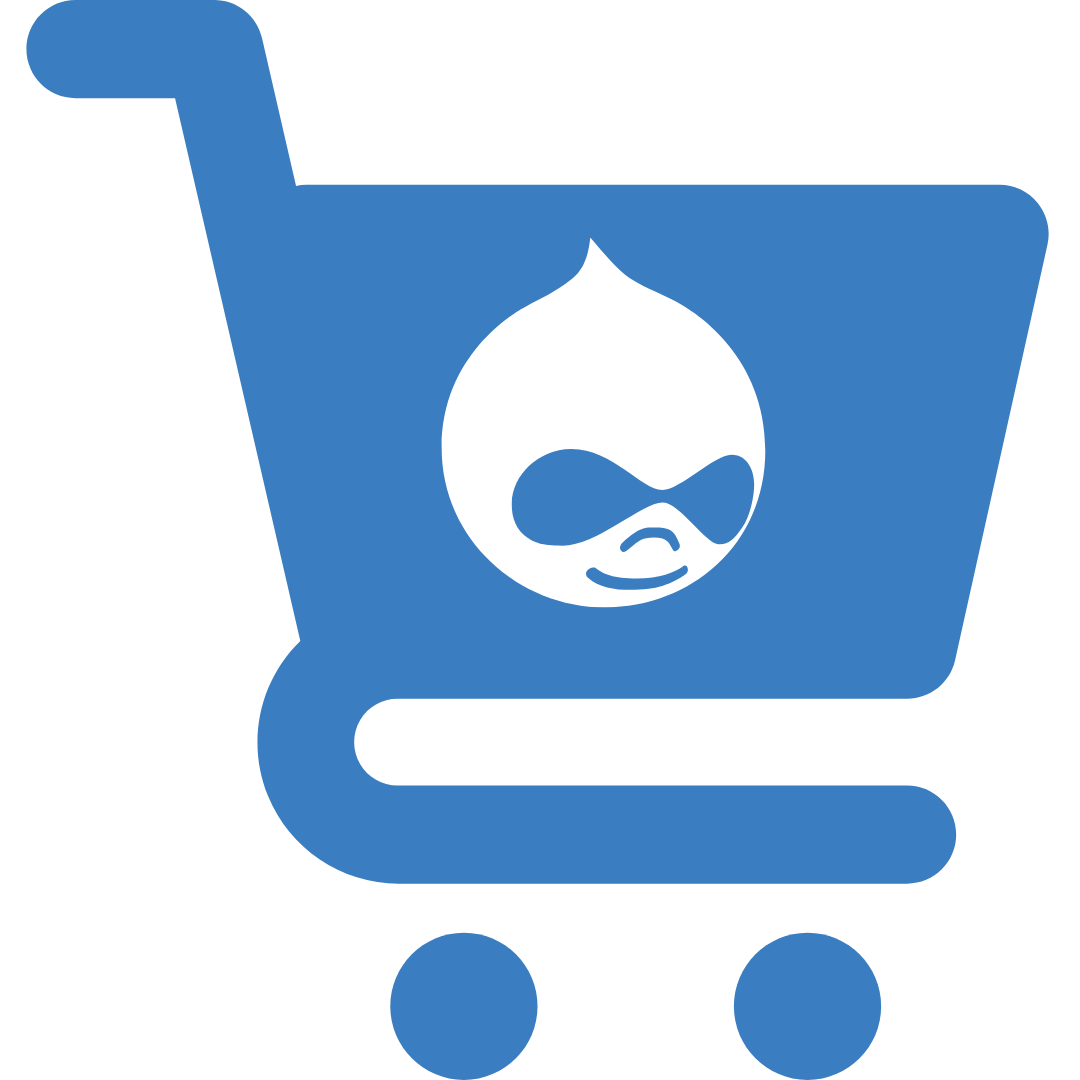
While Drupal web development is a compelling platform for website development, it's crucial to know its commerce capabilities. That's what Drupal Commerce is all about. Drupal Commerce provides all the essential functionalities for a successful online store. Think about creating product types, crafting dynamic product pages, managing various order types, and keeping track of everything effortlessly.
Sure, there are other options like Magento. But here's the key: Drupal e-commerce development offers similar strengths – responsiveness, high performance, seamless integrations, and robust SEO – while excelling in customization. This makes Drupal ideal for online stores that need a unique touch and complete control over their functionality.
Why Drupal Still Dominates E-commerce in 2024
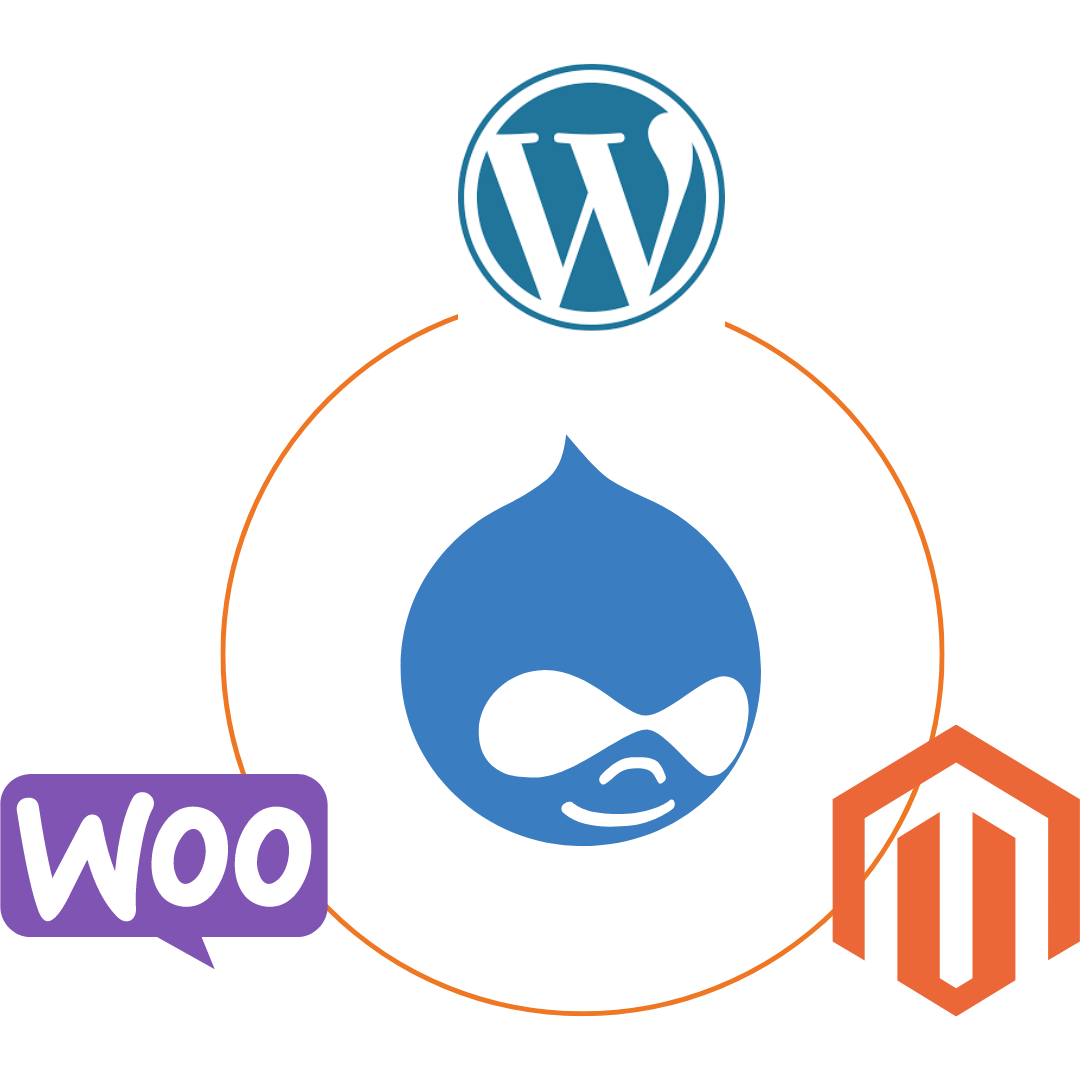
While dozens of e-commerce platforms compete for your attention, Drupal is a powerful and enduring choice.
So why choose Drupal for e-commerce in 2024? Here's why:
1. Headless Commerce Powerhouse: Embrace the future with headless commerce! Drupal seamlessly integrates with various front-end solutions (like BigCommerce) for ultimate customization. This means you can tailor your online store's look and feel freely without affecting the secure backend. Plus, you can easily add new sales channels and touchpoints, creating a truly omnichannel experience for your customers.
2. Built to Scale: As your business thrives, your e-commerce platform needs to keep pace. Drupal excels here. Its open-source nature and API-first design allow you to add resources and functionalities effortlessly. Additionally, Drupal minimizes resource usage, keeping your store running smoothly and costs under control.
3. Security You Can Trust: Security breaches can be devastating. Drupal prioritizes security with secure coding practices and comprehensive guidelines for developers. A dedicated security team constantly monitors the platform and addresses any vulnerabilities swiftly. This ensures your sensitive customer data remains protected and your store operates worry-free.
4. Unmatched Control: As an open-source omnichannel e-commerce platform, Drupal grants you complete control over your e-commerce store. Need unique functionalities? No problem! With contributed modules available, you can personalize your store to perfectly match your business needs. However, this flexibility requires skilled Drupal developers, so factor that into your planning.
5. Omnichannel Marketing Made Easy: Drupal's API-first approach empowers you to deliver a seamless omnichannel experience. Your content resides securely in Drupal's backend, but you can configure it to display across various channels and devices. This allows you to reach a wider audience, boost engagement, and personalize content delivery for maximum impact.
6. User Experience (UX) Champion: A smooth user experience is key to driving conversions. As a content management system, Drupal offers exceptional tools to customize every aspect of your store's content and user flow. You can create product descriptions, design intuitive navigation, and craft a truly unique shopping experience that keeps customers returning for more.
7. Powerful Community Support: Drupal boasts a massive and ever-growing community of over 45,000 developers. This translates to readily available support when you need it. From troubleshooting issues to finding inspiration, the Drupal community has your back. Plus, this active community helps ensure the platform remains secure with constant vigilance for any vulnerabilities.
Building a Winning Drupal E-commerce Store: Your Roadmap to Success
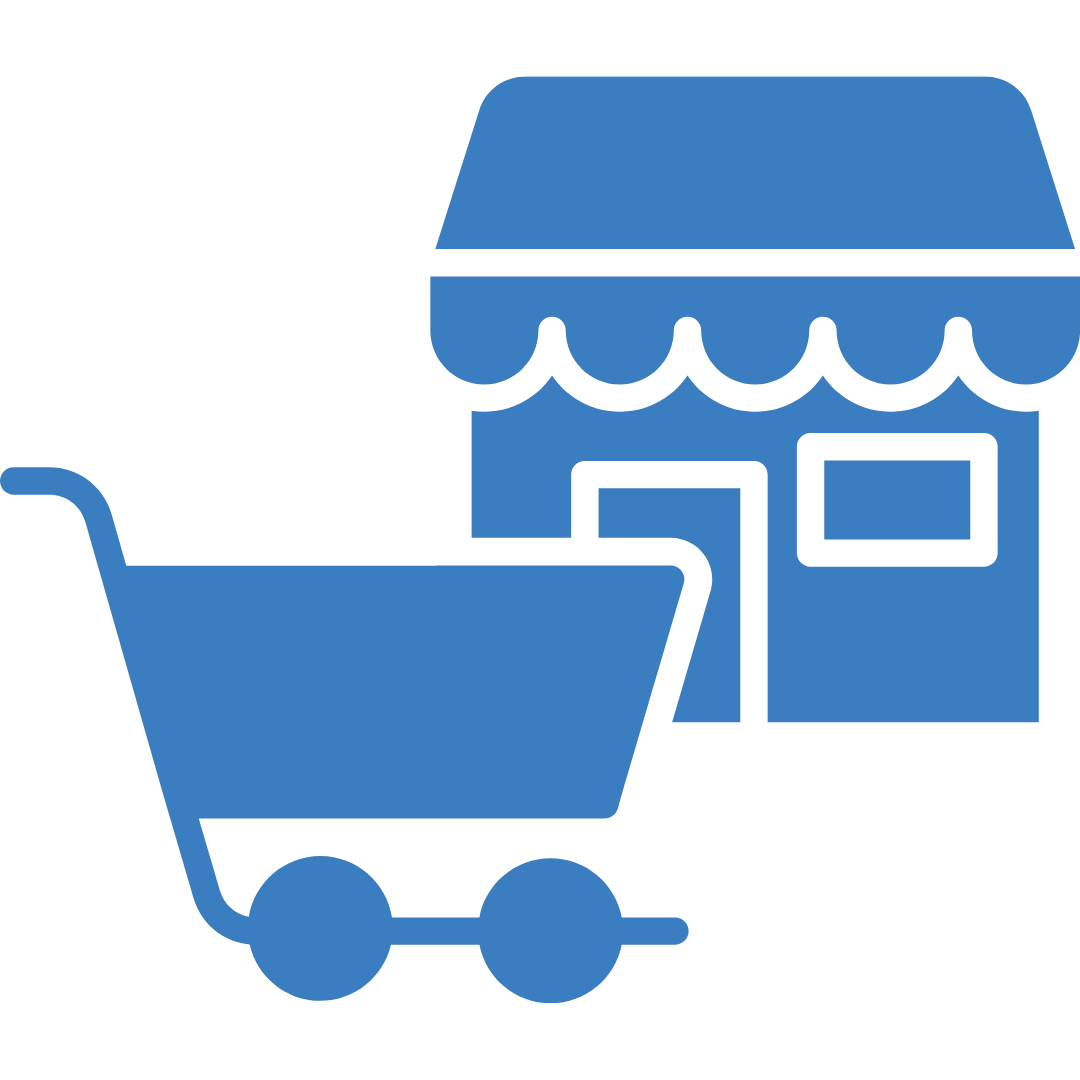
Laying the groundwork:
Before diving into Drupal web development, take a step back. Clearly define your project goals, target audience, and desired functionalities. This roadmap ensures your Drupal e-commerce store caters to the right customers and delivers a powerful online experience.
Choosing the perfect toolkit:
Drupal Commerce features boasts a vast library of modules. Think of them as building blocks! We'll help you select the ones that perfectly match your specific needs, ensuring your store has the features and functionality to thrive.
Security is paramount:
Your customers' trust is essential. We prioritize security throughout the development process. This includes secure coding practices, keeping Drupal's core and modules updated, and implementing robust security measures to protect your store from online threats.
A user-friendly experience is key:
Think of your online store as a physical shop – it should be easy to navigate! We'll design an intuitive and user-friendly experience with a focus on clear navigation, powerful product search, and a streamlined checkout process.
SEO: Getting found online:
Organic traffic is key to online success. We'll optimize your Drupal ecommerce store for search engines, ensuring your products rank high in search results and reach a wider audience.
Beyond the code:
There's more to success than just code! We'll help you integrate content marketing strategies like blog posts and engaging product descriptions. This enhances your store's value proposition and keeps customers coming back for more.
Speed matters:
Nobody likes a slow website. We'll optimize your store's performance for faster loading times, keeping customers happy and conversions flowing.
Finding Your Drupal Dream Team: Reliable Developers for Your E-commerce Success

Drupal's power comes with a learning curve. To unlock its full potential, you'll need experienced Drupal developers by your side. But where do you find these ecommerce wizards?
1. Leverage Online Marketplaces:
Start your search on established platforms like Clutch. Here, you'll find a curated list of top Drupal development agencies, conveniently filtered by industry. Clutch also showcases client reviews and ratings, helping you identify reliable partners. Simply search for "Drupal" or choose "Drupal e-commerce" services to find a pool of trusted developers.
2. Tap into Your Network:
Don't underestimate the power of word-of-mouth! Ask your business contacts for recommendations. They can share firsthand experiences and potential roadblocks encountered with Drupal developers. Network referrals are often the most trusted source when choosing a development partner.
3. Connect Directly with Companies:
Once you have a shortlist, reach out to the companies directly. Schedule consultations or interviews to get a feel for their work style and expertise. Ask if they have experience with similar e-commerce projects and what technologies they use. This one-on-one interaction helps you understand the company's culture, strengths, and weaknesses, ensuring a perfect fit for your needs.
Remember, finding the right Drupal developer is crucial for your online store's success. By using these strategies, you can assemble a dream team with the skills and experience to bring your e-commerce vision to life.
Best Practices for Drupal Commerce Development

Building a successful e-commerce store with Drupal Commerce goes beyond just adding features and picking a theme. Here are some key practices to streamline the process and ensure long-term success.
1. Partner with Drupal Experts:
While it might seem obvious, partnering with experienced Drupal developers is crucial. They'll catch potential issues early on, saving you time and money down the line by minimizing post-launch bugs and maintenance costs.
2. Upgrade to Drupal 9 or 10 (if needed):
If you're using an older Drupal version (7 or 8), consider migrating to Drupal 9 or 10. Older versions lack critical security updates, leaving your store vulnerable. Regular security patches are essential to protect sensitive customer data. Remember, migration is a complex process - trust professionals to ensure smooth data transfer and uninterrupted performance.
3. Back Up Your Data Regularly:
Cyberattacks are a growing threat. Regularly back up your entire store, including product data, customer information, and system configurations. Choose secure storage options - cloud-based solutions or physical backups on external drives. Backups ensure easy recovery in case of data loss or security breaches.
4. Plan Your Store Setup:
While Drupal offers extensive customization, over-complicating your store can lead to performance issues and security vulnerabilities. Plan your features, integrations, and design beforehand. Streamlining your setup saves time and development costs.
5. Prepare for Integrations:
Most stores rely on various third-party integrations, like payment gateways. Before integrating, prepare your environment by installing necessary software, double-checking security settings, and ensuring smooth performance. Thorough testing is critical before activating new integrations.
Is Drupal Commerce Right for You?
There's no one-size-fits-all answer, but here's a quick breakdown of Drupal Commerce's strengths and weaknesses:
Strengths:
- Content Reuse: Seamlessly reuse content across different store pages.
- Extensive Modules: Choose from over 46,000 modules to extend store functionalities.
- Design Flexibility: Pick from 250+ themes or create a custom design.
- Content-Centric: Perfect for stores with rich product descriptions and engaging content.
- Advanced Customization: Tailor your store to your exact needs.
- Open Source: Cost-effective platform with a large, supportive community.
Weaknesses:
- Learning Curve: Drupal has a steeper learning curve compared to some platforms.
- Technical Knowledge: Requires some technical skills or development expertise.
- Development Time: Complex customizations can take longer to develop.
- Limited Hosting: Fewer budget-friendly hosting options available.
By following these best practices and considering Drupal's strengths and weaknesses, you can make an informed decision about building your e-commerce store with Drupal Commerce.
Building a Thriving Drupal E-commerce Store: A Step-by-Step Guide

Laying the Foundation:
- Planning Makes Perfect: Before diving into development, clearly define your project's goals, target audience, and desired functionalities. This roadmap ensures your Drupal ecommerce store caters to your specific needs.
- Module Mania: Drupal Commerce boasts a vast library of modules. Choose the ones that perfectly complement your vision, whether it's advanced product filtering, multilingual support, or seamless payment gateways.
Building for Success:
- Security First: Security breaches can cripple your online store. Prioritize security throughout development by using secure coding practices and keeping Drupal's core and modules up-to-date.
- UX Matters: A user-friendly experience is key to keeping customers engaged. Design an intuitive interface with smooth navigation, efficient product search, and a streamlined checkout process.
- SEO Savvy: Don't let your store get lost in the online crowd! Integrate search engine optimization (SEO) best practices to ensure your products rank high in search results and attract organic traffic.
Beyond the Basics:
- Mobile Marvel: Today's shoppers browse on the go. Ensure your online store delivers a flawless user experience across all devices, especially smartphones and tablets, with a responsive design.
- Content is King: Integrate content marketing strategies like informative blog posts and engaging product descriptions. This not only enhances user experience but also establishes your brand as an authority in its niche.
Performance Matters: Speed is key in e-commerce. Optimize your website's performance to ensure fast loading times and keep customers satisfied.
In today's competitive digital marketplace, your online store needs a solid foundation. Drupal provides that and more. With unparalleled customization, ironclad security, and seamless omnichannel capabilities, it's the platform to build your e-commerce empire in this day and age.
Ready to elevate your online business? Our Drupal experts are here to help.
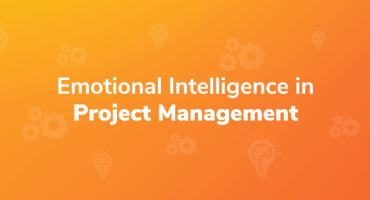
Emotional Intelligence in Project Management

Qualities to Become a Good Software Tester


